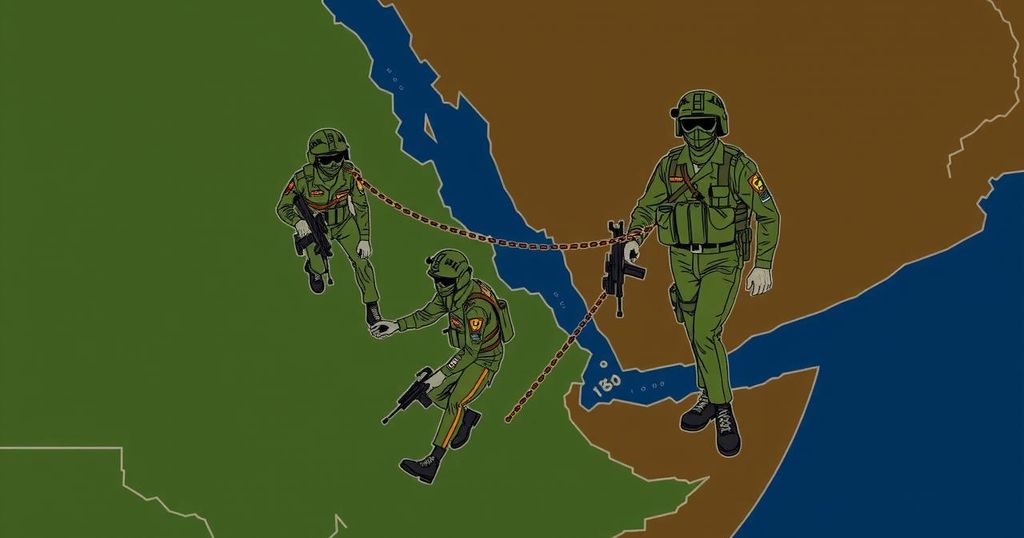The October 26-27 gathering may significantly influence Ethiopia-Somalia relations, particularly through the evolving MoU between Hargeisa and Addis Ababa. The outcomes of Somaliland’s elections will determine the agreement’s fate, while allegations of destabilization arise between Djibouti and Somaliland. Meanwhile, Ethiopia reforms its leadership to enhance its regional authority despite rising tensions.
The upcoming gathering scheduled for October 26-27 is poised to influence the political landscape between Ethiopia and Somalia significantly. The memorandum of understanding (MoU) established earlier this year between Hargeisa and Addis Ababa is critically shaping the competitive dynamics between Muse Bihi, the incumbent president of Somaliland seeking re-election, and his primary opponent, Abdirahman Mohamed Abdullahi. The implications of next month’s poll are substantial, as the election’s outcome will determine the continuation or dissolution of the MoU. In a parallel development, rising tensions have unfolded between Djibouti and Somaliland, each blaming the other for provoking instability in the region. While Djibouti continues to discreetly train its republican guard recruits and professes neutrality towards Somaliland, it struggles to accept the ramifications of the January agreement made with Ethiopia. This agreement appears to embolden Somaliland’s aspirations to attract investment by proposing a land lease for an Ethiopian naval base, which it argues could yield significant economic benefits for Kenya and the greater region. Furthermore, amidst these regional instabilities, Addis Ababa has taken steps to rehabilitate the former president of the area adjacent to Somalia, potentially positioning him for new responsibilities within the federal government. This strategy reflects Ethiopia’s intent to navigate complex diplomatic waters while enhancing its influence in the Horn of Africa.
The political climate in the Horn of Africa, particularly between Ethiopia and Somaliland, is marked by a complex interplay of agreements and regional rivalries. The recent MoU signed between Hargeisa and Addis Ababa signifies a strategic alliance that could potentially alter power dynamics in the area, especially in light of the forthcoming elections in Somaliland. Concurrently, accusations of destabilization between Djibouti and Somaliland showcase the fragility of regional relations, emphasizing the need for careful diplomatic maneuvers.
The developments surrounding the upcoming political gathering, the MoU between Ethiopia and Somaliland, and the implications of Djibouti’s military posture underscore the changing security and political landscape in the region. The outcome of the Somaliland elections will likely determine the future of the MoU and could further shift alliances in the Horn of Africa, as both external and internal actors navigate their interests amidst rising tensions.
Original Source: www.africaintelligence.com






